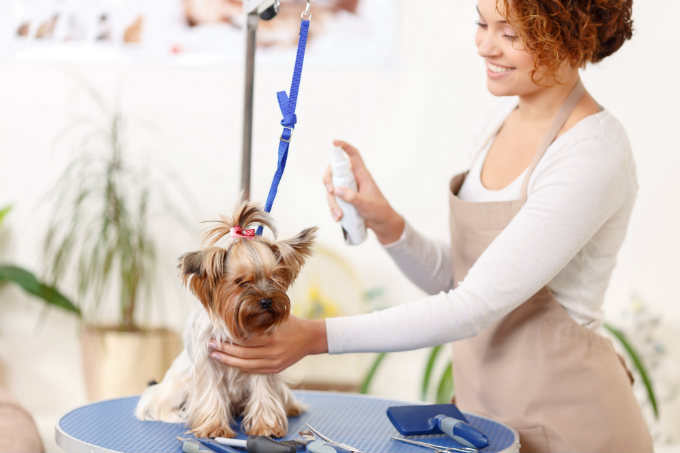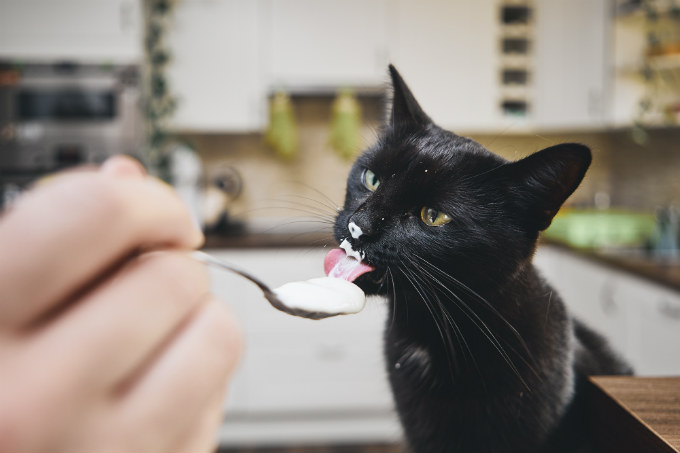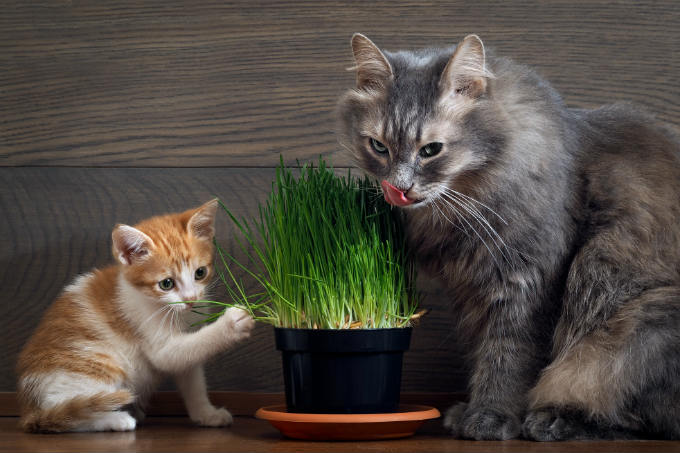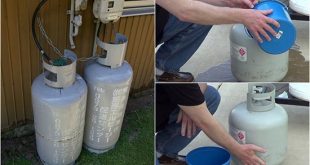11 Natural Home Remedies For Your Pets
Our pets face ailments and injuries just as we might. Americans spend over $30 billion on over the counter medication for their pets as well as treatments and vet care. Having a pet can get expensive quickly if we don’t know how to use DIY home remedies for pets.
Many times, pet owners rush to the vets instead of reaching for some home remedies. Taking your pet’s treatment into your hands isn’t a bad idea. Using natural ingredients helps to reduce cost and keeping your pet healthy and happy.
One note to remember that you need to find the root of the issue. If the problem continues, your pet might have a serious, underlying issue that needs to be treated by a professional.
11 Home Remedies for Pets
Use Citrus to Beat Fleas
Fleas dislike citrus, so it can be used to help get rid of fleas that bother your best. Rubbing a bit of fresh lemon or orange juice over your pet’s fur can be useful. If you have a dehydrator, you can dry citrus and grind them into a powder, sprinkling them over the infestations.
Baking Soda and Benadryl for Bee Stings
Pets might step on an unsuspecting bee in the yard when they go out to do their business. Treating a bee sting is fairly easy, even though it’s quite uncomfortable for pets. First, you want to try to remove the stinger by scraping the area. You can try to pull it out with a tweezer as well.
Then, make a paste with baking soda and water in equal parts. Apply over the sting to help ease the pain and itching. If you notice your pet is having an allergic reaction, pets can safely take Benadryl – 1 mg per pound – every six hours.
Chamomile for Skin Problems
Chamomile is known for its ability to heal skin irritations. To use chamomile for your pets, make a strong chamomile tea and put it into a spray bottle. Store it in the refrigerator. You can rub this over your pet’s skin or spray it on the areas with irritation.
Fennel for Flatulence
All pet owners have experienced the times when your pet walks past, leaving a trail of smell behind them. Gas isn’t fun for anyone, and it’s especially not fun if you have to smell it all day long. Giving your pets fennel can help to decrease gas. All you have to do is sprinkle some on your pet’s food. You can mix it with a bit of water to convince your pet to eat.
Yogurt for Diarrhea
Yogurt contains probiotics that are great for your pet’s digestive system, just like it’s helpful for our digestive tract. If your dog has diarrhea, your vet may have prescribed a probiotic, but taking yogurt is very similar. If diarrhea continues to persist, you will need to speak to your vet to determine what the underlying cause of the diarrhea is.
Oatmeal for Itchy Skin
Did you ever take an oatmeal bath when you had itchy skin? Perhaps you use an oatmeal lotion for your dry skin. Oatmeal baths work for pets as well. You can put an oatmeal powder over the itchy areas on your pet’s body.
Remember that itchy skin is usually a sign of something else. Your pet might have a food allergy or a flea infection. Oatmeal can help to soothe the itch, but it won’t stop the problem that causes the itching.
Cranberry Juice for Bladder Infections
Cats are vulnerable to bladder and urethra issues. If your cat seems to have recurring issues, give him some unsweetened cranberry juice. Cranberry juice increases the acid in urine, which can help to reduce blockages or infections.
If your pet doesn’t enjoy juice, you can use cranberry powder or give your pet some cranberry capsules.
Remember that there might be times to seek help from a vet if your pet doesn’t seem to be getting better. Also, if your pet has an injury, such as a broken leg or anything that requires sutures, be sure to call a medical professional. You shouldn’t try to give your dog sutures at home. That requires a vet, and if your pet has a broken limb, the vet can help put on a cast.
Ginger and Mint for Nausea
Ginger and mint are known for their ability to cure nausea. Animals can be tempted to eat mint and ginger fresh, but dried and candied forms are the most favorable choices by pets.
Oat Grass for Nausea
Here is another remedy for pet nausea. You can use dried seeds if you don’t have fresh oat grass, but you can grow your own as well. It’s a good choice for your dog or cat who likes to eat a bit too much grass. Instead, they can enjoy a bit of oat grass and start feeling better right away. Oat grass is a favorite for cats.
Pepto Bismol for Upset Stomach
Do you keep this pink medicine in your refrigerator for the times when you feel sick? Dogs, not cats, can safely take Pepto Bismol for an upset stomach and vomiting. It contains an aspirin-like substance that isn’t safe for cats.
You can give dogs liquid or tablets, whichever you prefer. The correct dose is a child’s dose for every 40 pounds of body weight, taken every 6 hours. So, a 10-pound dog would receive a quarter of the recommended child’s dose, whereas an 80-pound dog would get double the amount of a child’s dose.
Epsom Salt for Sprains
Pets are vulnerable to sprains as well as you might be. If your dog is suddenly limping or favoring a certain leg, he might have strained or pulled something. An Epsom salt soak should fix him right up. Add ½ cup of Epsom salt to a warm bath and let your dog soak for five minutes, twice daily.
If your dog isn’t a huge fan of the idea of getting a bath, you can also soak a washcloth in an Epsom salt mixture and apply to the injured area.
 Home and Gardening Ideas At home and Gardening ideas we believe inspiring readers about homesteading, self sufficiency
Home and Gardening Ideas At home and Gardening ideas we believe inspiring readers about homesteading, self sufficiency










